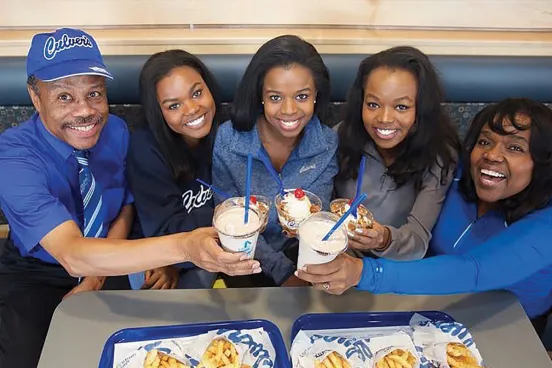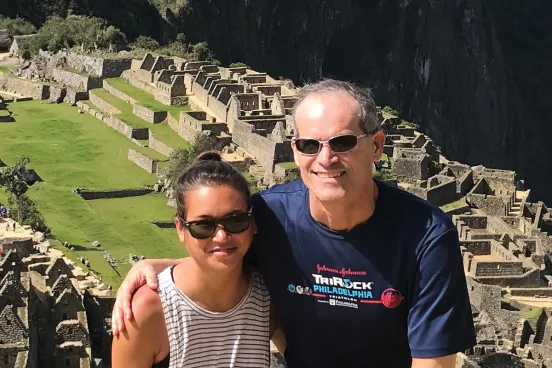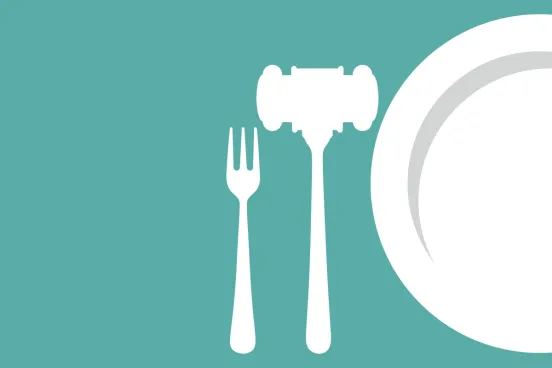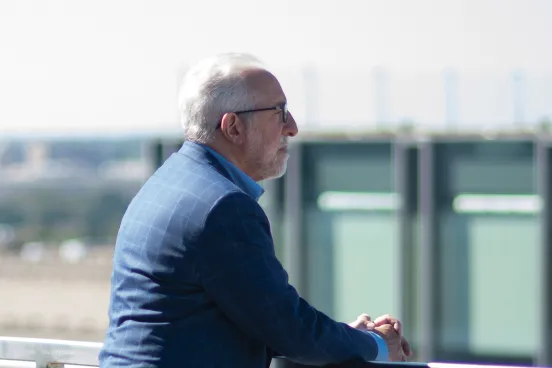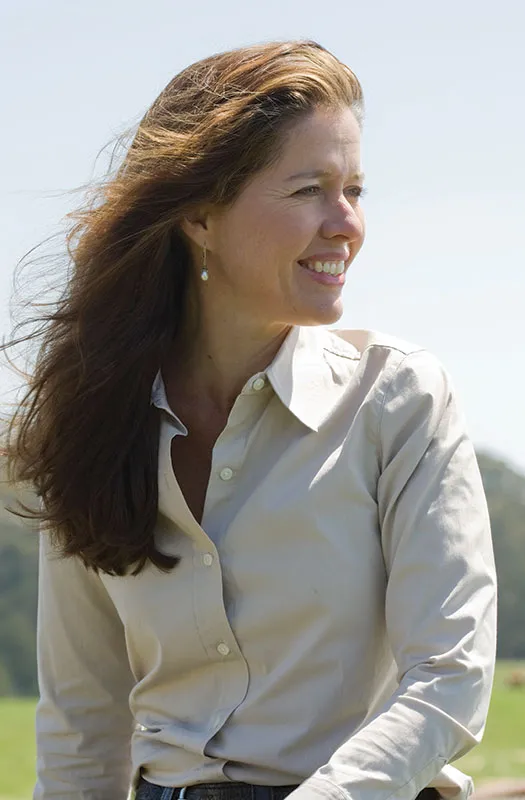
On Nicolette Hahn Niman’s Northern California ranch, just outside San Francisco, beef cattle and heritage turkeys roam freely on wide-open spaces. Fresh air, clean water, and grassy pastures are in abundant supply. And buildings that continually confine large herds of animals are nowhere to be found. This type of farming, which Hahn Niman describes as humane and ecologically sustainable, is what she advocates for as a food activist, environmental lawyer, and writer.
Hahn Niman, ’93, has been making the case for humane and sustainable farming for nearly two decades. A frequent speaker at food and farming events and conferences, her work involves spreading awareness about the problems associated with industrial food production.
A vegetarian, Hahn Niman’s interest in animals and how—not whether—they are raised for food stems from her work as a senior attorney at Waterkeeper Alliance, an environmental organization founded by Robert F. Kennedy Jr. Hahn Niman led the organization’s campaign to reform the concentrated pig and poultry farming industry. It was “intense work” that gave her direct exposure to factory farms and their impact on animals, the environment, and people’s health. She describes the experiences in her memoir, Righteous Porkchop: Finding a Life and Good Food Beyond Factory Farms (William Morrow, 2009).
“You’ve taken animals off the land, you’ve put them in huge buildings with huge populations, and you’ve divorced them from any kind of natural system that would help them remain healthy on their own,” says Hahn Niman, who, while working at Waterkeeper Alliance, sued some of the biggest factory farms for violating the Clean Water Act and Clean Air Act. “Instead, the animals are given antibiotics to keep them from getting sick and feed modifications to encourage unnaturally rapid growth. From an ecological standpoint, the huge quantities of waste coming from factory farms create substantial greenhouse gases that contaminate the water, soil, and air.”
Factory farming, says Hahn Niman, produces a “food supply that doesn’t provide healthy food” and is in disharmony with nature and its resources. Hahn Niman—who is married to Bill Niman, a longtime producer of natural meat—advocates for an ecologically based food production system “that mirrors nature, which is all about complexity, diversity, interrelationship, and regenerating the natural ecosystem. In nature, there is no waste; everything is connected, and everything is reused.”
Hahn Niman focuses on the topic in her book, Defending Beef: The Case for Sustainable Meat Production (Chelsea Green Publishing, 2014). She says she felt compelled to write Defending Beef in response to what she viewed as “increasing public discourse about the negative health and environmental effects associated with eating meat,” which many cite as a major contributor to climate change. The more she researched the issue, the more Hahn Niman came to believe that raising animals, particularly cattle, for food actually has positive effects on the environment when done properly and in harmony with nature.
“A huge portion of the Earth’s surface is dedicated to agriculture,” says Hahn Niman, “and there is a strong connection between the way farming is practiced and climate change, a strong connection between farming and water quality, and the continued existence of fresh water supplies and how contaminated or not they are. The health of our planet is absolutely dependent on us having ecologically sound food systems.”
It may seem odd that as a vegetarian, Hahn Niman is defending beef. She says her goal isn’t to get people to stop eating meat. Rather, she wants people to become conscientious meat eaters who pay attention to the way their food is produced. “Our health depends on eating well-raised food that we have a connection to,” says Hahn Niman. “It’s about being good ecological and animal stewards.”


